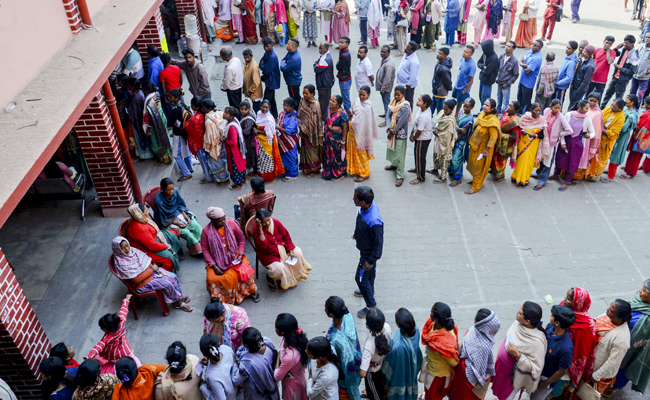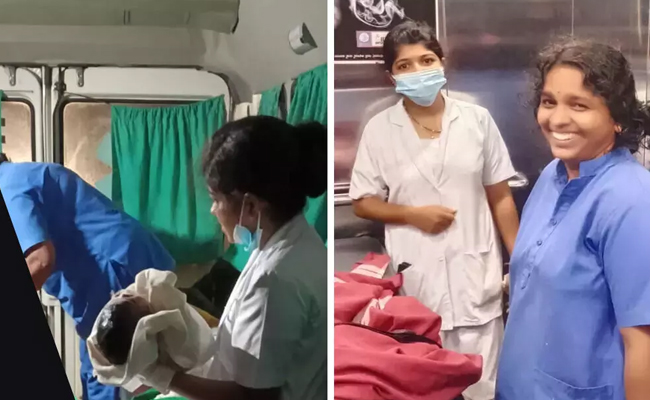New Delhi: Virat Kohli's return to the Ranji Trophy after nearly 13 years has generated massive excitement among fans, with thousands gathering outside Arun Jaitley Stadium, chanting "RCB RCB" in support of the star batter. Kohli is playing for Delhi against Railways as part of his preparation for the upcoming Champions Trophy.
The Delhi and District Cricket Association (DDCA) has allowed free entry for spectators, requiring only an Aadhaar card and a photocopy. Fans have been allocated the Gautam Gambhir Stand, accessible through Gate Nos. 16 and 17, while Gate No. 6 is reserved for DDCA members and guests.
DDCA secretary Ashok Kumar Sharma stated that around 10,000 fans are expected on the first day, with arrangements matching those of an international or IPL match.
Kohli, who last played in the Ranji Trophy in 2012 under Virender Sehwag's captaincy, is looking to regain form. Since 2020, he has scored 2,028 runs in 39 Test matches at an average of 30.72, with just three centuries. In the 2023–25 ICC World Test Championship cycle, he managed 751 runs in 14 matches at an average of 32.65.
Let the Truth be known. If you read VB and like VB, please be a VB Supporter and Help us deliver the Truth to one and all.
Ranchi (PTI): Around 12 per cent voter turnout was recorded till 9 am in the civic polls to 48 urban local bodies in Jharkhand on Monday, an election official said.
Voting, which commenced at 7 am, is underway amid tight security. It will continue till 5 pm, he said.
"Voter turnout of 12 per cent was recorded till 9 am. Polling is underway peacefully," State Election Commission (SEC) secretary Radhe Shyam Prasad said.
Over 43 lakh voters are eligible to decide the fate of 6,000-plus candidates.
ALSO READ: Tripura student's partner put sanitiser in her private parts, filmed her nude: Gurugram police
State Election Commissioner (SEC) Alka Tiwari exercised her franchise at ward number 40 in Ranchi.
"Polling is underway peacefully across the state and reports are so far good from every ULB. I would like to appeal to the voters to exercise their franchise," Tiwari told reporters.
Prasad said the elections are underway for the posts of mayor and chairperson in 48 ULBs, and councillors in 1,042 wards across nine municipal corporations, 20 nagar parishads and 19 nagar panchayats.
As many as 562 candidates, including 235 women, are in the fray for the posts of mayor and chairperson, while 5,562 candidates, including 2,727 women, are contesting the posts of ward councillors.
Prasad said adequate security arrangements have been made in all the booths.
A total of 4,307 polling booths have been set up for the elections. Of these, 896 have been identified as hyper-sensitive and 2,445 as sensitive.





